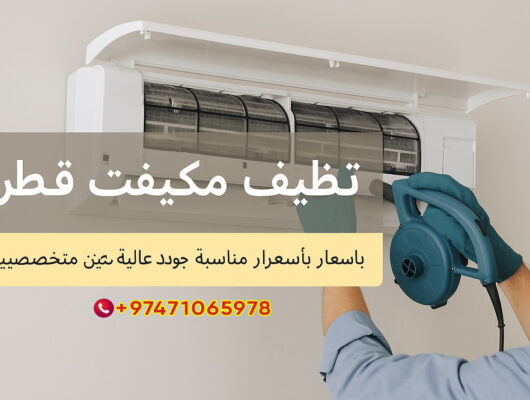Seasonal AC Maintenance Tips
Maintaining your air conditioning (AC) system is crucial for ensuring it operates efficiently and effectively, especially during the hot summer months. Regular maintenance can extend the lifespan of your unit, improve indoor air quality, and save you money on energy bills. Here are some essential seasonal AC maintenance tips to keep your system running smoothly.
- Change or Clean Air Filters
One of the simplest yet most effective maintenance tasks is to change or clean the air filters regularly. Dirty filters can restrict airflow, causing your AC to work harder and consume more energy. Typically, filters should be replaced or cleaned every 1-3 months, depending on the type of filter and usage. During peak seasons, such as summer, consider checking them monthly. - Inspect and Clean the Condenser Coils
The condenser coils, located in the outdoor unit, can accumulate dirt, dust, and debris over time. This buildup can reduce the system’s efficiency and cooling capacity. Inspect the coils at the beginning of each season and clean them if necessary. Use a soft brush or a vacuum with a brush attachment to remove the dirt. Ensure the area around the outdoor unit is clear of leaves, grass, and other debris to promote adequate airflow. - Check the Thermostat Settings
Ensure your thermostat is set to the desired temperature and functioning correctly. Consider upgrading to a programmable thermostat if you haven’t already. Programmable thermostats can help you save energy by automatically adjusting the temperature based on your schedule. For example, you can set the temperature higher when you’re not at home and lower it just before you return. - Inspect and Clean the Evaporator Coil and Drain Line
The evaporator coil, located inside the indoor unit, can also get dirty over time. Clean the coil annually to maintain efficient heat exchange and prevent the system from freezing up. Additionally, check the condensate drain line for clogs. A clogged drain line can cause water damage and increase humidity levels in your home. Use a mixture of water and bleach to flush the drain line and remove any blockages. - Tighten Electrical Connections
Loose electrical connections can cause your AC system to malfunction and pose a safety hazard. Inspect the electrical connections at the beginning of each season and tighten any loose connections. If you’re not comfortable doing this yourself, consider hiring a professional technician to perform this task. - Lubricate Moving Parts
Lubricating the moving parts of your AC system, such as the fan and motor bearings, can reduce friction and wear. This simple step can help extend the lifespan of your unit and improve its efficiency. Use a lightweight oil or a lubricant recommended by the manufacturer. - Check the Refrigerant Level
An incorrect refrigerant level can affect your AC’s performance and efficiency. If you notice your system isn’t cooling as effectively as it should, it might be due to a refrigerant leak or low refrigerant levels. Contact a professional technician to check the refrigerant level and recharge it if necessary. Never attempt to handle refrigerants yourself, as they can be hazardous. - Test the System’s Performance
Before the start of the cooling season, turn on your AC system and let it run for a while. Pay attention to any unusual noises, odors, or performance issues. Ensure that cool air is being evenly distributed throughout your home. If you notice any problems, address them promptly to avoid more significant issues later. - Schedule Professional Maintenance
While there are many tasks you can perform yourself, it’s essential to schedule professional maintenance at least once a year. A certified HVAC technician can conduct a thorough inspection, identify potential issues, and perform necessary repairs or adjustments. Regular professional maintenance can help catch small problems before they become major repairs. - Keep the Surrounding Area Clean
Ensure the area around your outdoor unit is free from obstructions such as plants, shrubs, and debris. Trim any overgrown vegetation to maintain at least two feet of clearance around the unit. This allows for proper airflow and prevents debris from getting into the system.
Conclusion
By following these seasonal AC maintenance tips, you can keep your system running efficiently and effectively, ensuring a comfortable indoor environment during the hot months. Regular maintenance not only improves the performance of your AC unit but also extends its lifespan and reduces energy costs. Don’t overlook the importance of professional maintenance to address any potential issues and keep your system in top shape.






